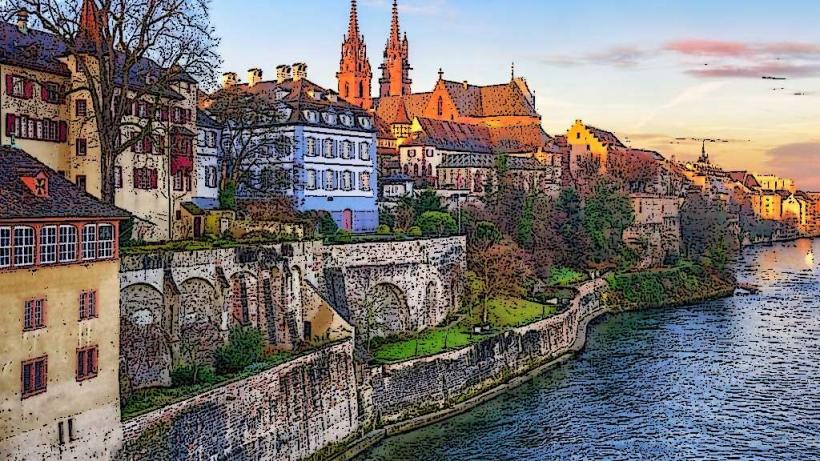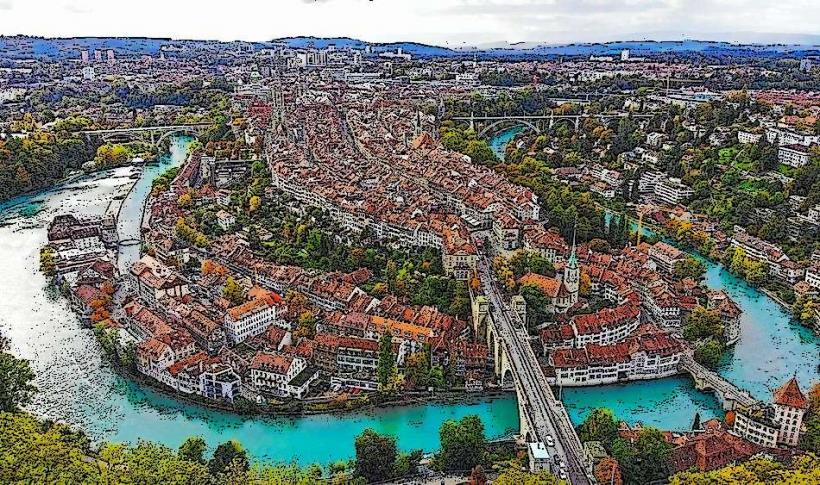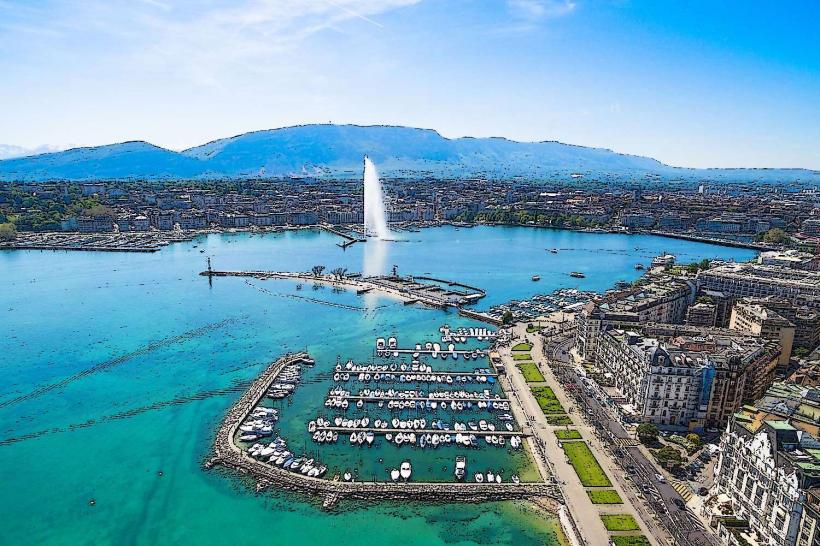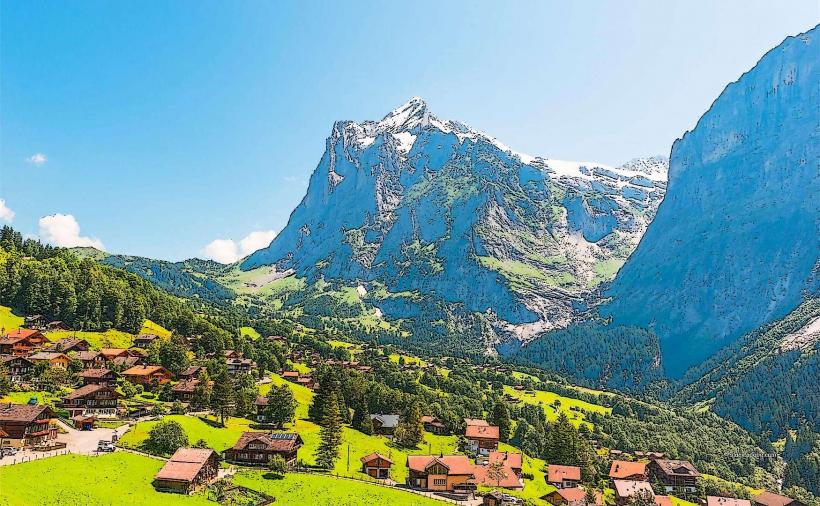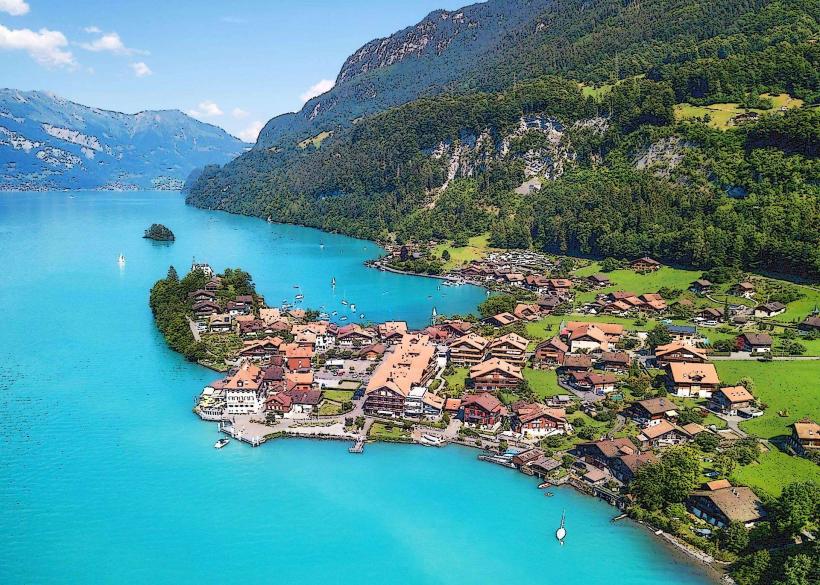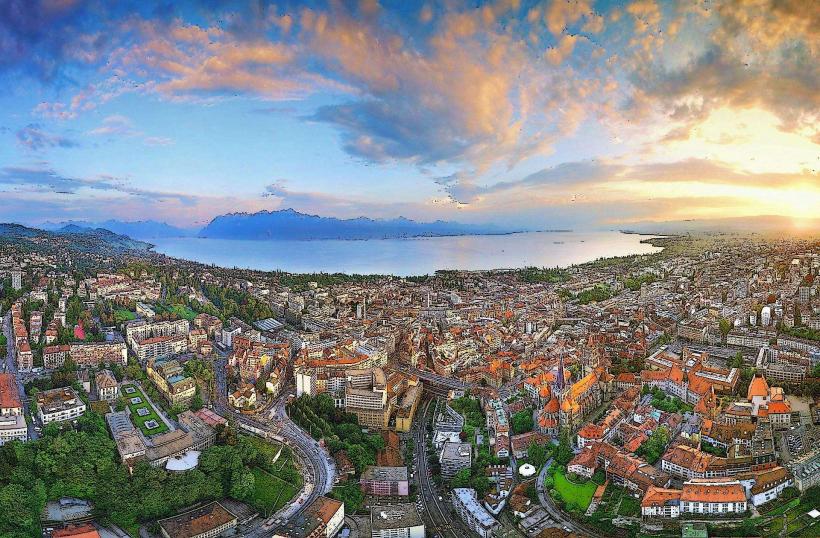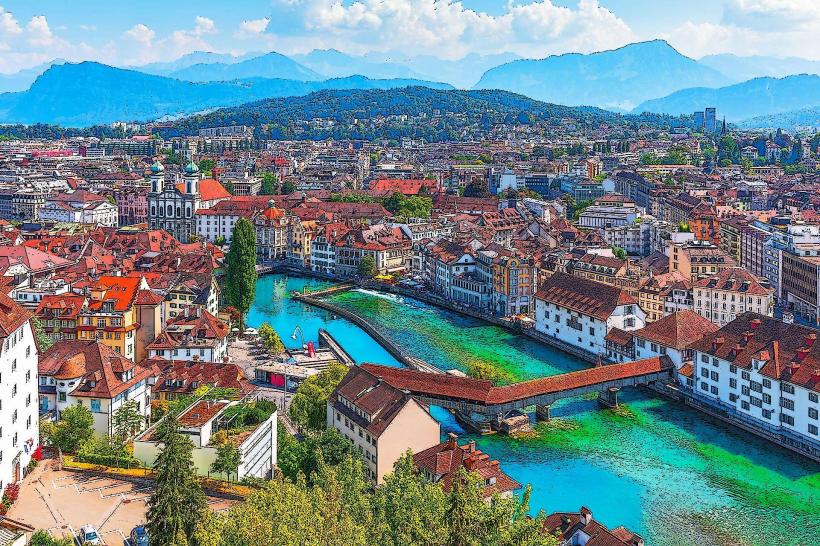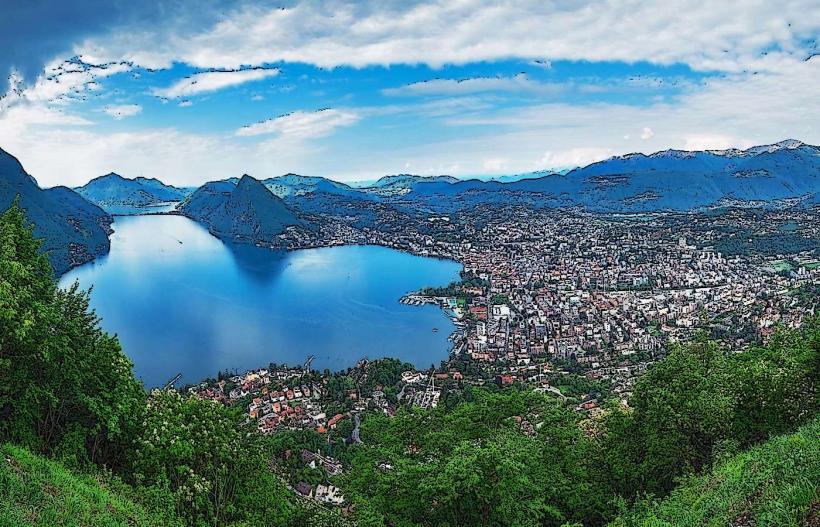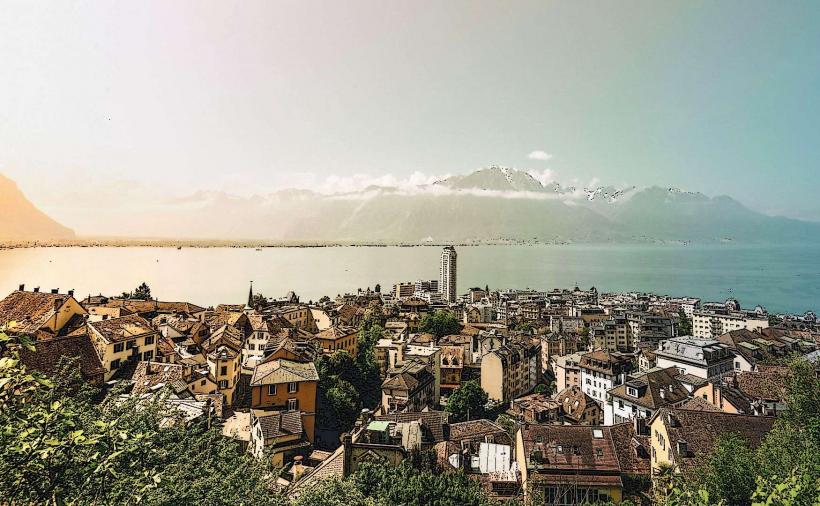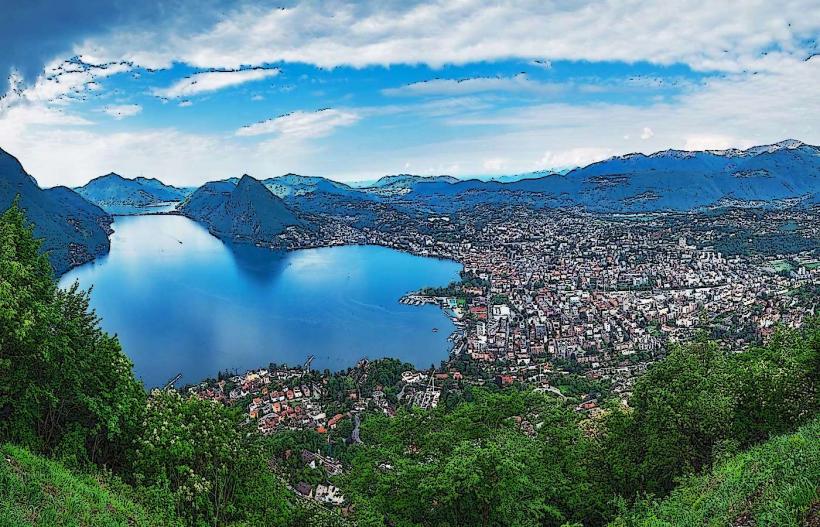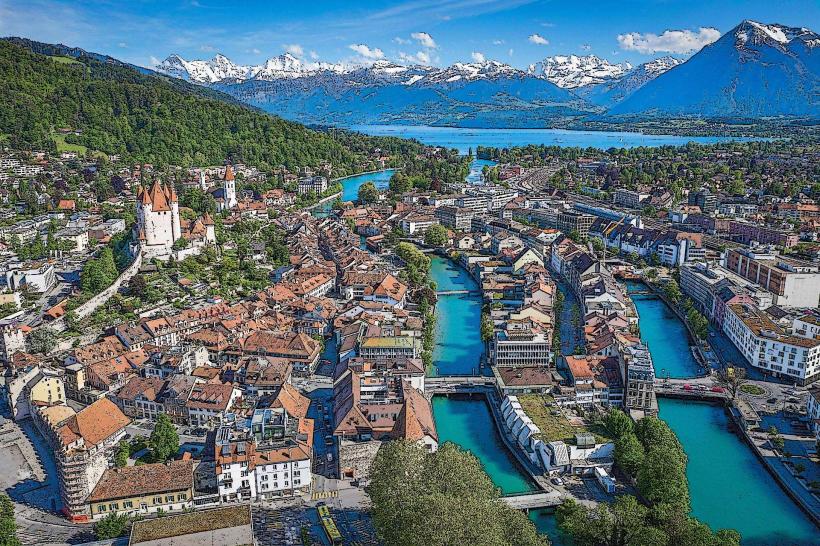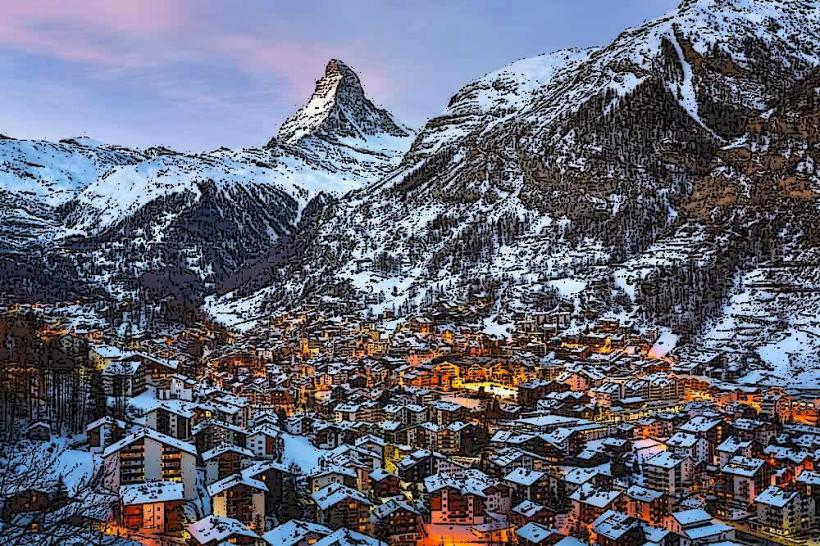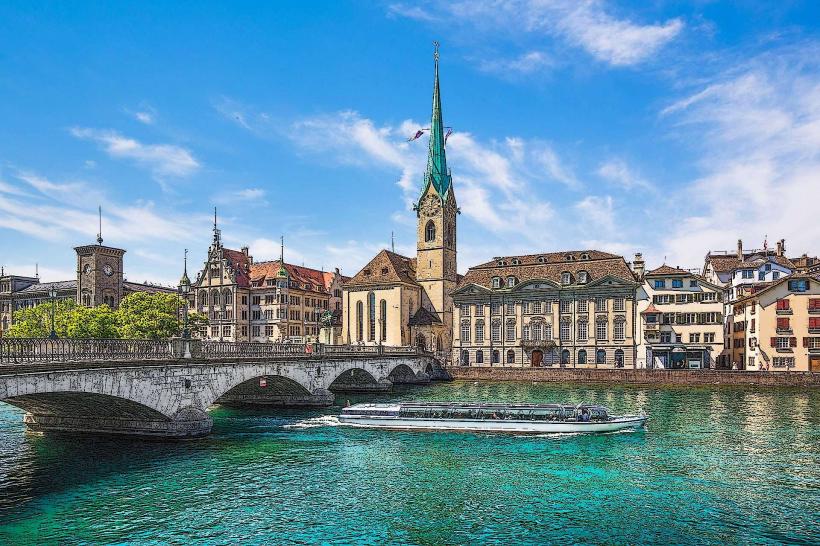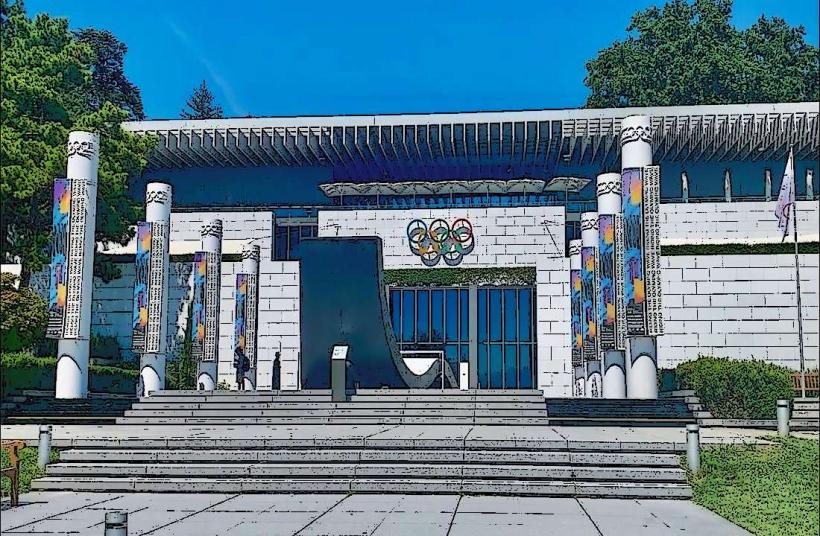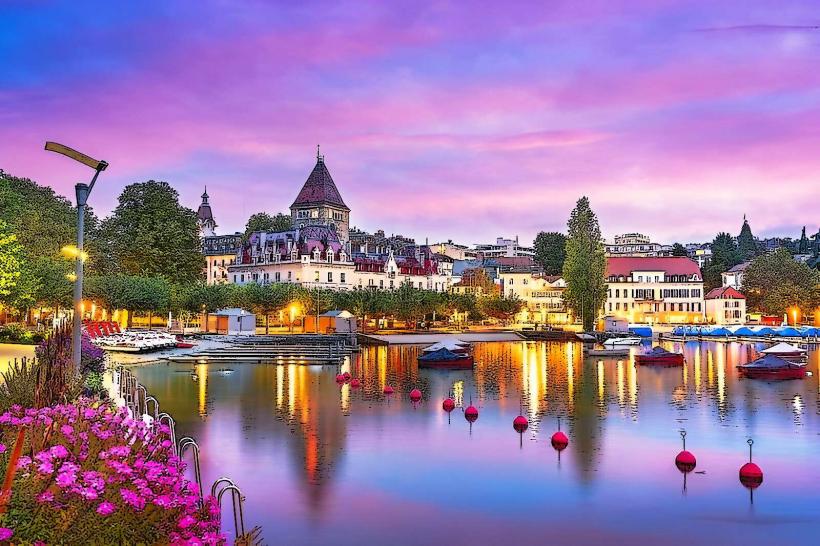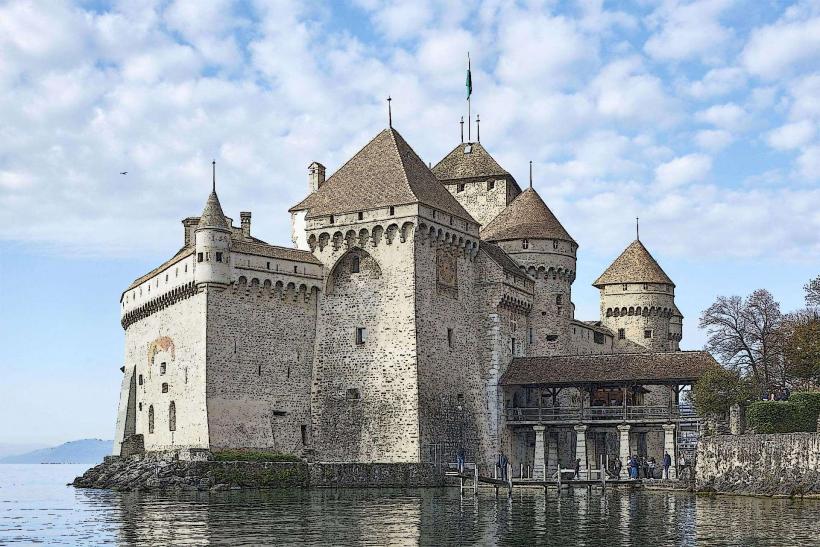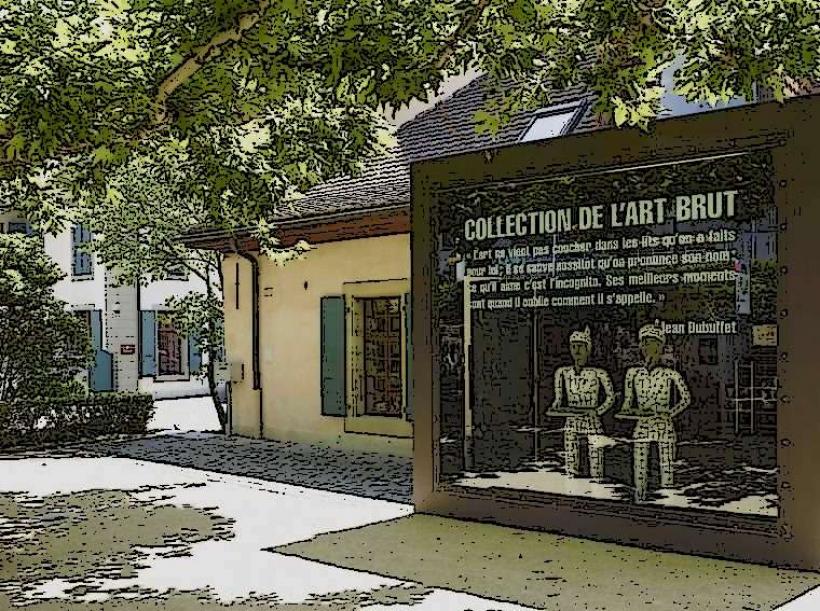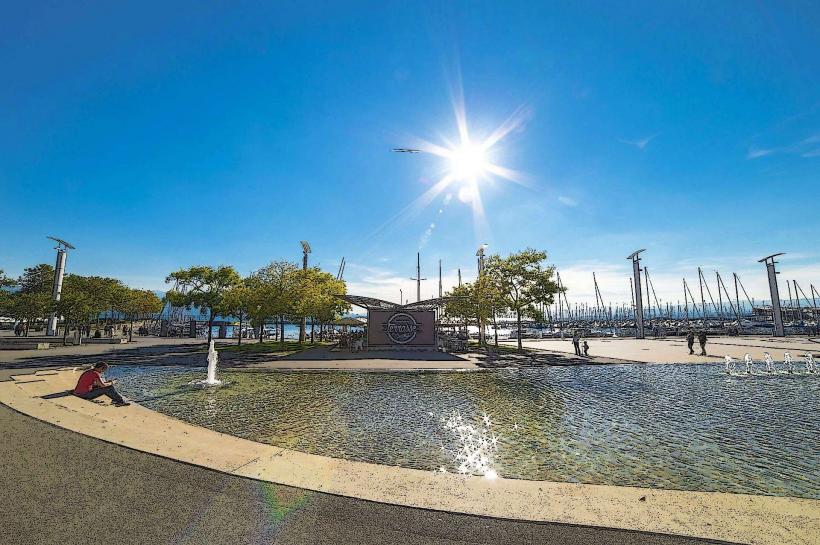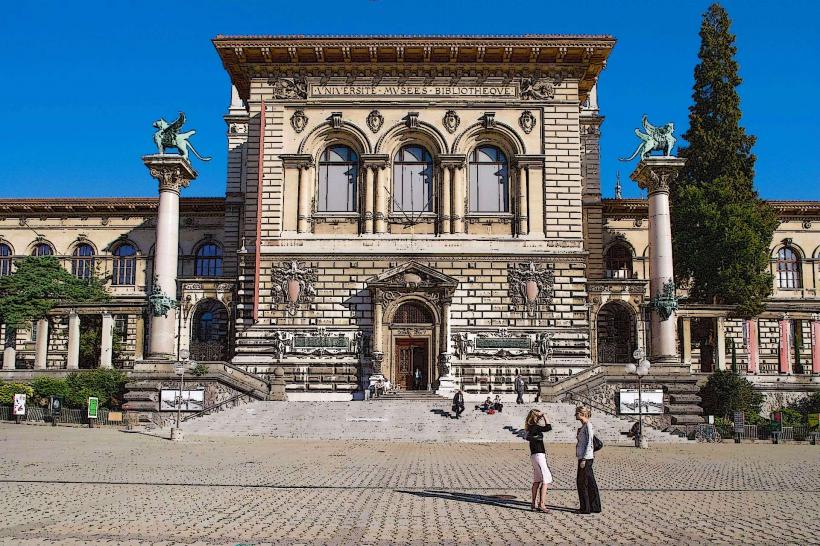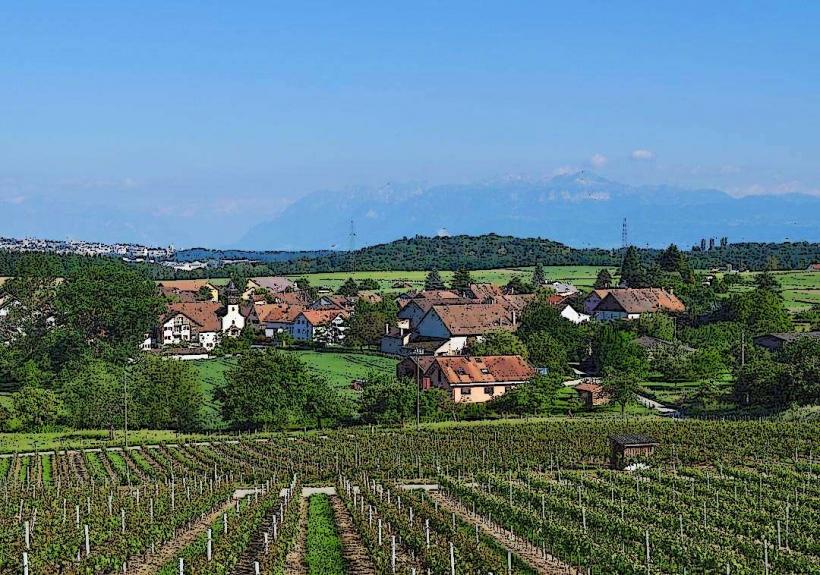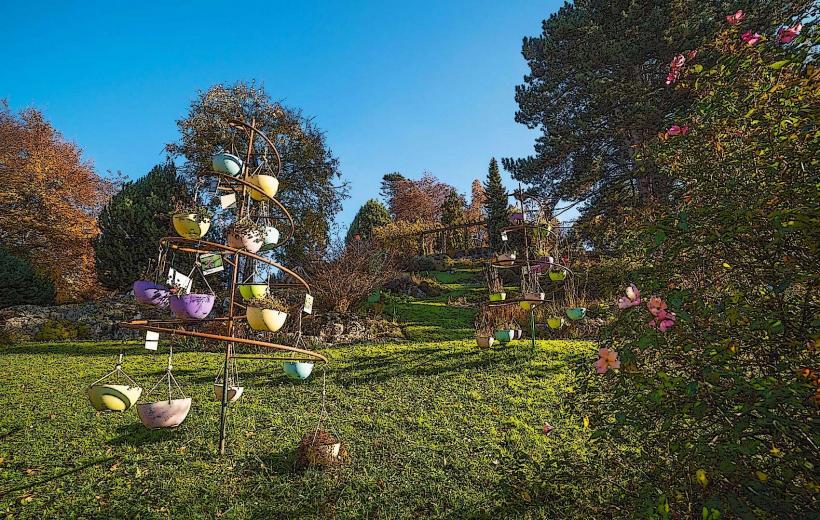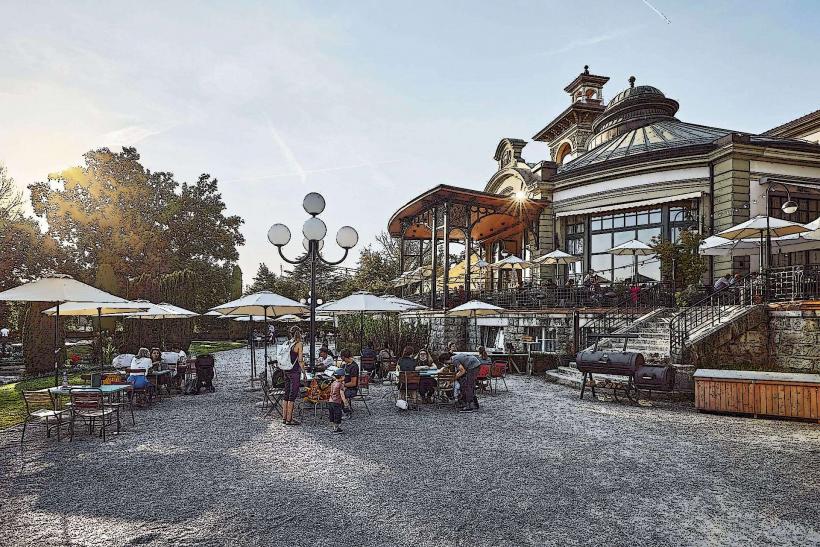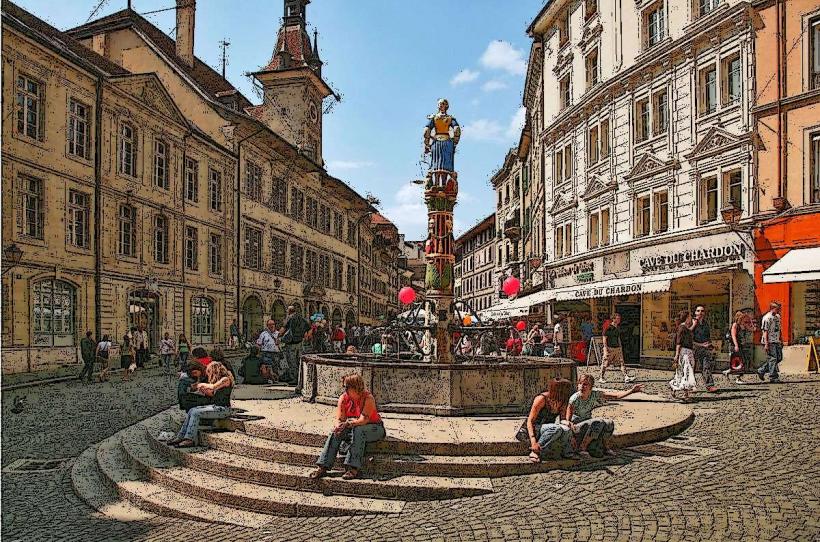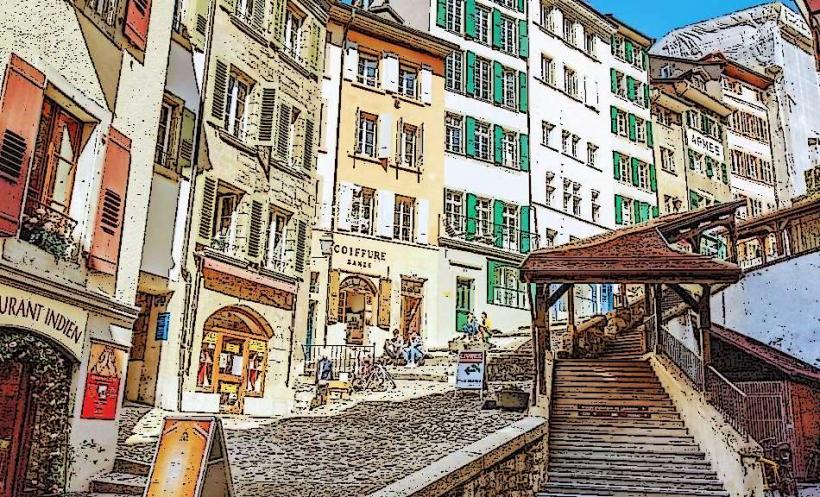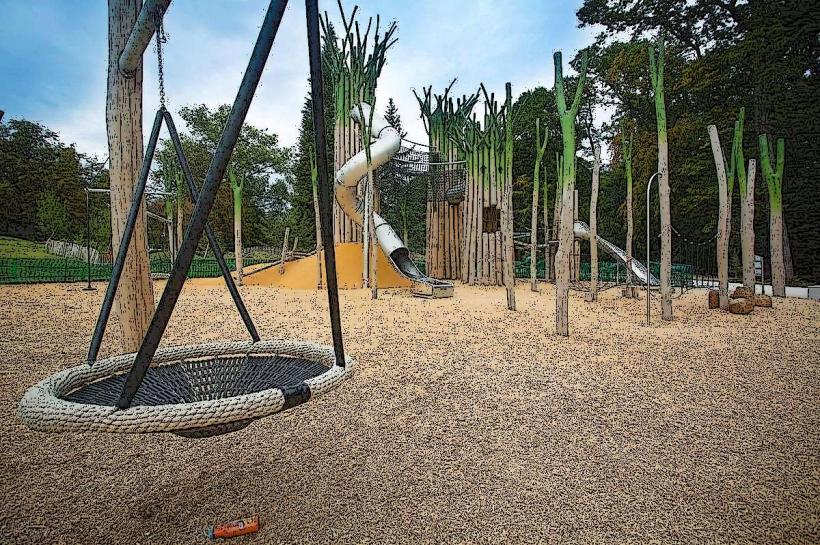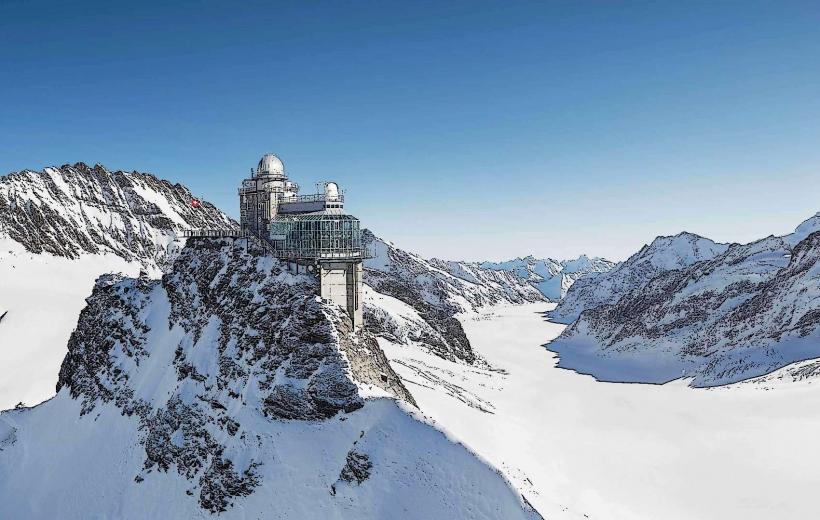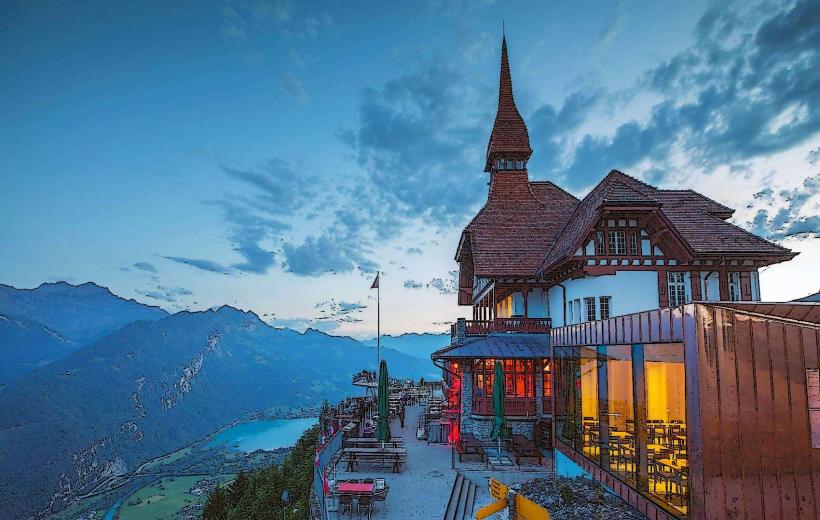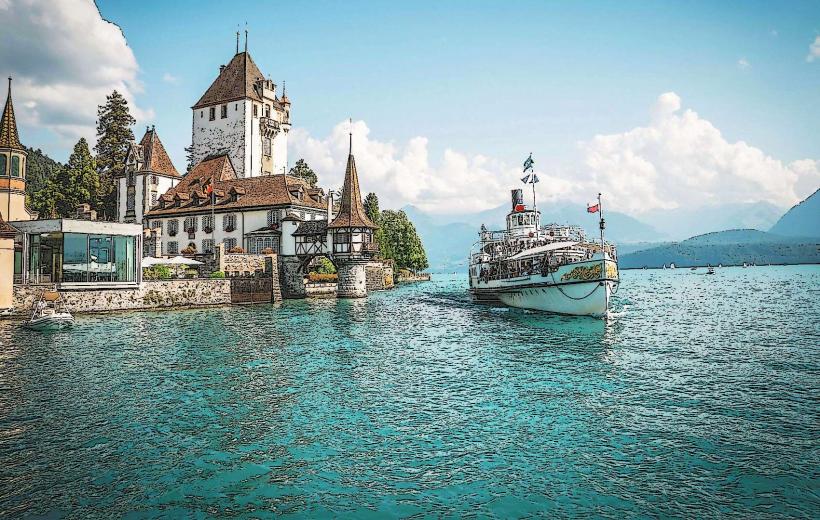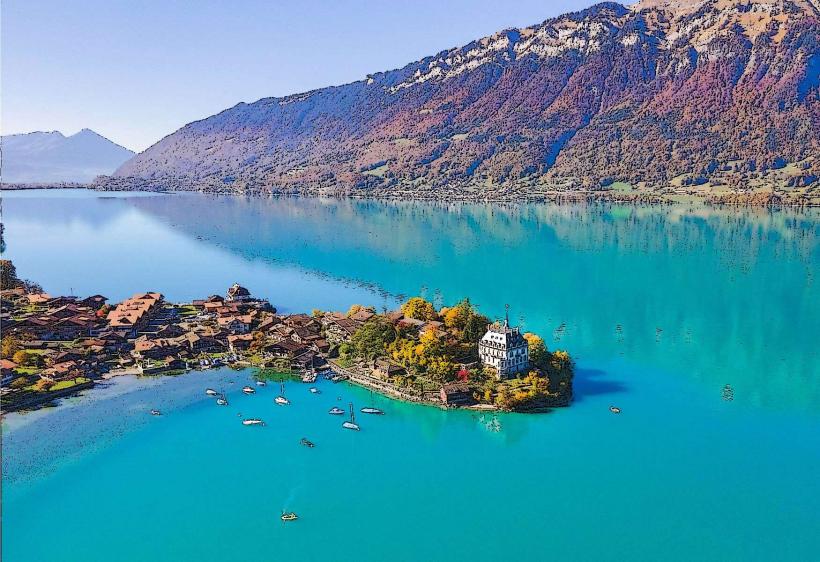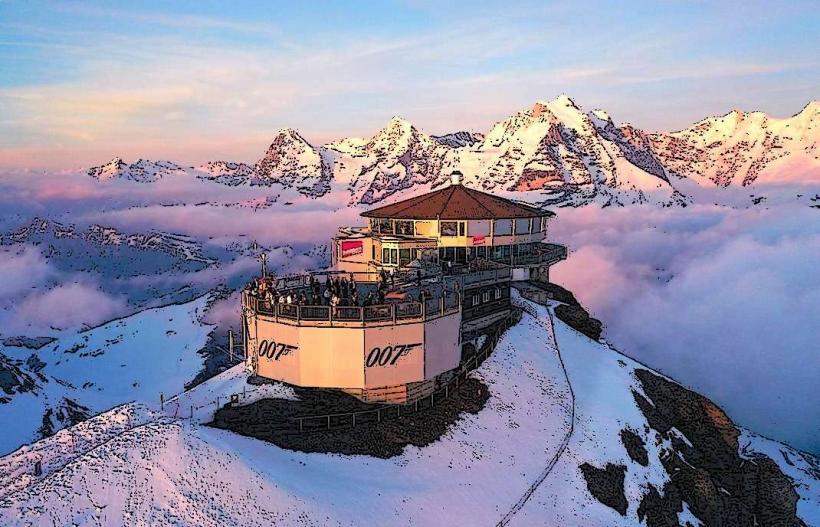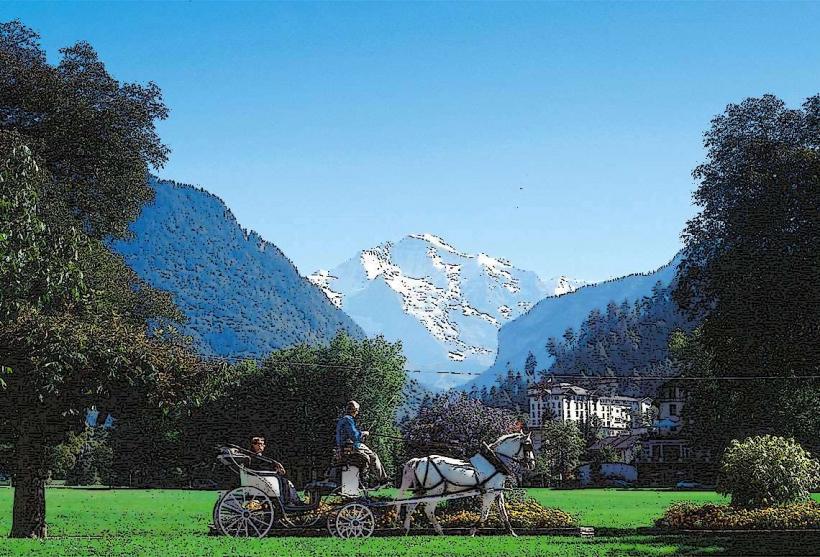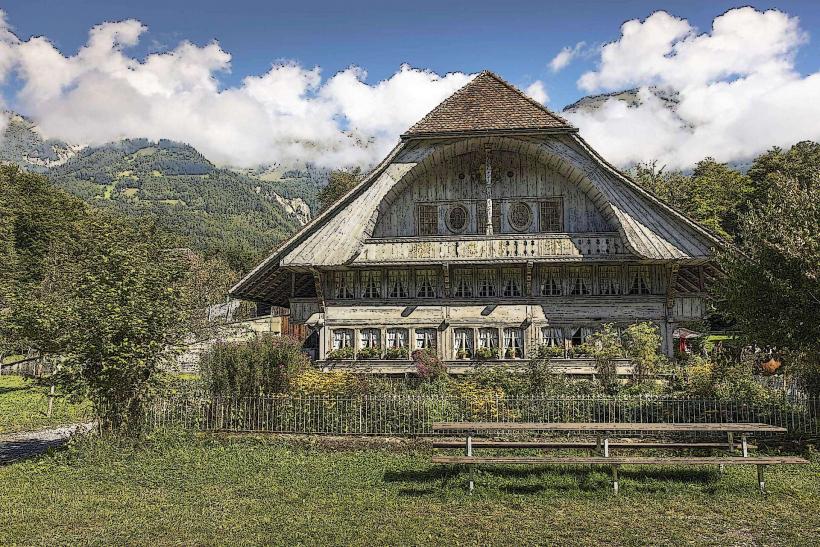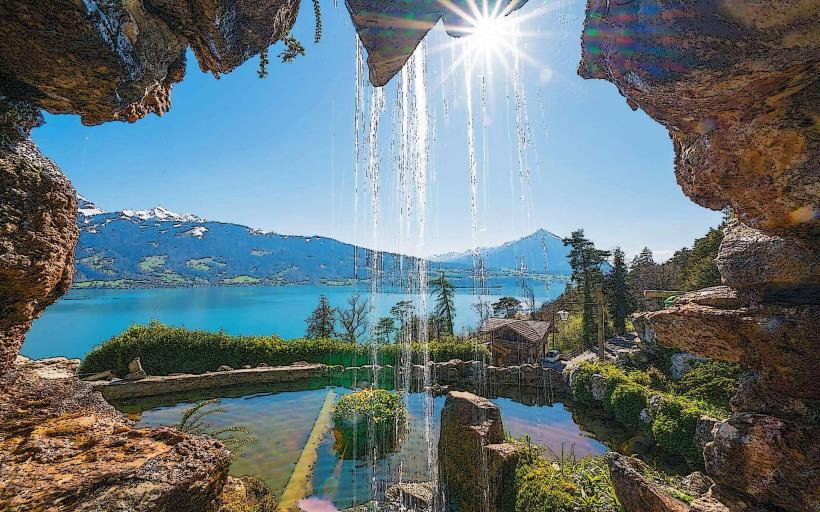Information
Country: SwitzerlandContinent: Europe
Switzerland, Europe
Switzerland is a landlocked nation in Central Europe, bordered by Germany to the north, Italy to the south, France to the west, and Austria and Liechtenstein to the east. The country is defined by the Alpine mountain range and its status as a global hub for financial services and precision manufacturing; the capital city is Bern.
Visa & Entry Policy
Switzerland is a member of the Schengen Area. Citizens of the US, UK, and EU do not require a visa for stays up to 90 days. Starting in 2026, non-EU visa-exempt travelers must obtain an ETIAS (European Travel Information and Authorisation System) prior to arrival. Border controls for those entering from non-Schengen countries are stringent.
Language & Communication
Switzerland has four official languages: German, French, Italian, and Romansh. English proficiency is very high, particularly in urban centers and the tourism sector. In the German-speaking regions, the local Alemannic dialect (Swiss German) is the primary spoken language for daily life.
Currency & Payment Systems
The currency is the Swiss Franc (CHF). While card payments and mobile "tap-to-pay" systems are universal in cities, Switzerland retains a significant cash culture compared to its neighbors. High-value transactions are frequently conducted in cash, and 95% of the population expresses a preference for maintaining physical currency. ATMs are densely distributed.
National Transport Grid
The transport network is centered on the Swiss Federal Railways (SBB), which provides a high-frequency, synchronized rail schedule. PostBus services connect the rail network to remote alpine regions. Domestic flights are rare given the efficiency of the rail system. The Swiss Travel Pass integrates trains, buses, and boats into a single ticketing system.
Digital Infrastructure
The primary mobile providers are Swisscom, Sunrise, and Salt. 5G coverage is comprehensive in urban areas like Zurich and Geneva. 4G coverage exceeds 99% of the population, although signal failure occurs in high-altitude alpine zones and deep tunnels.
Climate & Seasonality
The climate is divided into three zones: the temperate plateau, the alpine region, and the Mediterranean-influenced south (Ticino). There is no distinct dry season; precipitation is distributed throughout the year, with summer months often experiencing high rainfall due to afternoon thunderstorms.
Health & Safety
No mandatory vaccinations are required. Tick-borne encephalitis is a seasonal risk (April–October) in forested areas below 1,500 meters. The emergency numbers are 117 (Police), 118 (Fire), and 144 (Ambulance). The European emergency number 112 is also active.
Top 3 Major Regions & Cities
Zurich Region: Primary hub is Zurich.
Lemanic Arc (Lake Geneva): Primary hub is Geneva.
Bernese Oberland: Primary hub is Interlaken.
Local Cost Index
1L Water: 1.25 CHF ($1.45 USD)
1 Domestic Beer: 7.00 CHF ($8.15 USD)
1 Sim Card (Prepaid Data): 20.00 CHF ($23.25 USD)
Facts & Legends
Switzerland has maintained a policy of armed neutrality since the 1815 Treaty of Paris and has not been in a state of war internationally since 1848. According to national legend, the 14th-century folk hero William Tell was forced by a tyrannical Habsburg vogt to shoot an apple off his son’s head with a crossbow, an event that sparked the rebellion leading to the formation of the Swiss Confederation.

